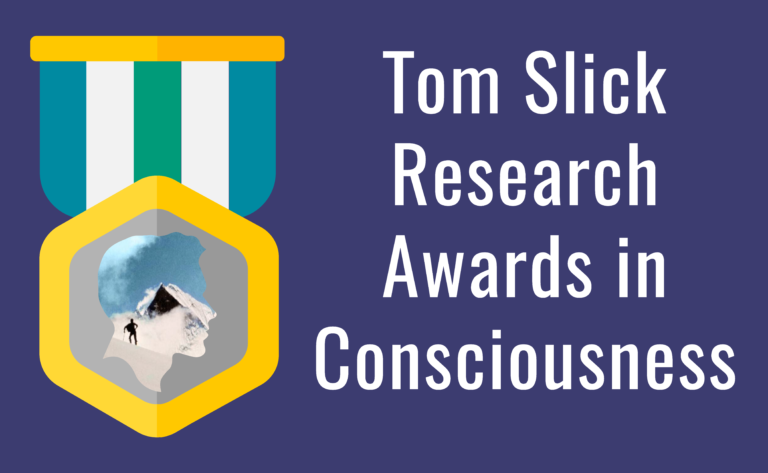2016 Tom Slick Research Award Funds an Exploration into Meditation and Emotions

The Mind Science Foundation’s Board of Trustees has approved the funding for a new Tom Slick Research Award in Consciousness for Drs. Zoran Josipovic and Lucia Melloni at NYU Comprehensive Epilepsy Center. This team is using innovative approaches to try and connect how people with epilepsy process and control emotions.
Dr. Josipovic is one of the founding directors of the Nonduality Institute and is a research scientist and adjunct assistant professor in the Psychology Department at New York University. His research focuses on the nature of consciousness and its relation to the brain, and on the functioning of the anti-correlated networks in the brain and was previously funded in 2010 by a Tom Slick Research Award. He is mainly interested in the states of consciousness cultivated through contemplative practice of different meditation types. He co-founded the Margam series of talks at NYU to showcase current research on meditation and consciousness. He is a long-term meditation practitioner in Tibetan, Zen and Advaita Vedanta traditions. He has been interviewed by the BBC on some of these unique approaches to understanding consciousness.
Dr. Melloni is a group leader at the Max Planck Institute for Brain Research in Frankfurt, a research assistant professor at New York University Langone Medical Center, and a research scientist at Columbia University College of Physicians and Surgeons in New York, NY. Her research centers on consciousness, electrophysiology, meditation, perceptual learning, and predictive coding. She is exploring the plasticity of the brain and how we can control or train the brain to be more plastic. Her group is investigating whether different forms of training, like meditation, can modify our conscious experience and the subjective experience is happening in the brain, i.e., how the functioning of millions of separate neurons give rise to the taste of a good glass of wine.
Together, this team is uniquely qualified to study the effects of love and compassion meditation on cognitive processing in epilepsy. People with epilepsy offer a distinct role in this study as their brains are already being evaluated during seizures with intracranial EEG. These views through the skull offer the investigators a more precise view of electrical activity in the brain as opposed to regular EEG.
How do people with epilepsy process and control emotions? Compassion meditation has been shown to enhance positive affect, reduce stress, and enhance overall life-satisfaction, thus is may present a potentially beneficial complementary treatment for enhancing the psychological well-being of those suffering with epilepsy. The area of the brain that is thought responsible for controlling emotions is in the amygdala. This study will see if pictures of emotional faces can change the amygdala network and if these changes can be mitigated with meditation practices.
The effects of epilepsy on a patient’s consciousness are profound to the human experience. This research will further our understanding of epilepsy, and potentially offer new insights into optimizing the quality of life for all. The Mind Science Foundation is proud to unite Drs. Josipovic and Melloni in the vision of Tom Slick and advancing the study of the mind using the newest technologies. Congratulations! Check out his podcast in our collection to hear more!
